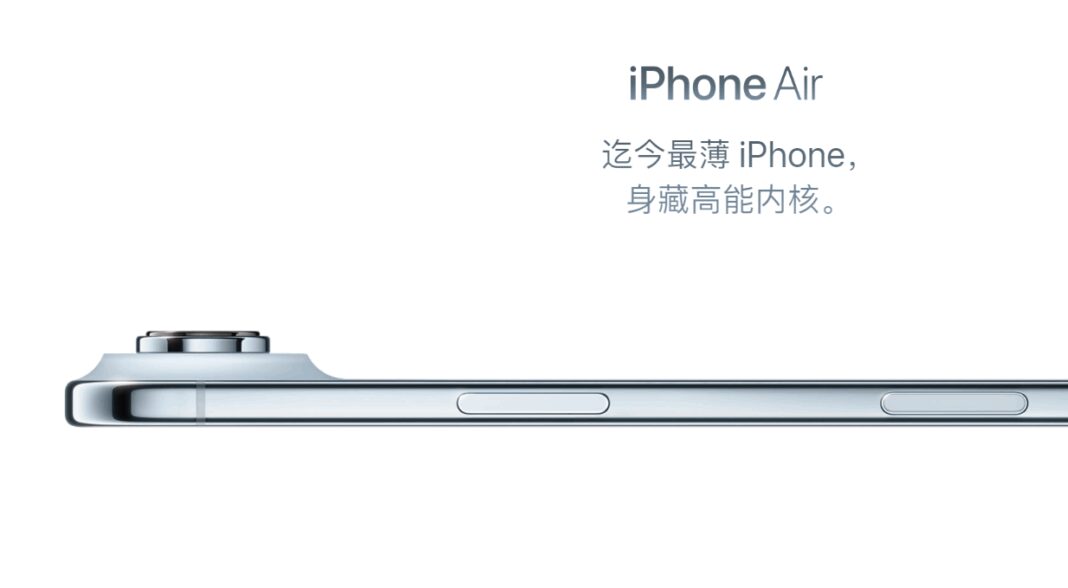テクノロジー

Apple’s debut of its first eSIM-only ultra-slim handset, the iPhone Air, on Wednesday has turned the spotlight on China’s telecom operators and their eSIM strategies. China Unicom has emerged as the first carrier to support the new device, while China Mobile and China Telecom said they are fast-tracking regulatory approvals and system integration to roll out the service.
Why it matters: An eSIM is a digital SIM (Subscriber Identity Module) embedded in a device that allows users to activate a mobile plan without needing a physical SIM card. The iPhone Air’s eSIM-only design not only accelerates China’s shift toward digital SIM technology, but also challenges traditional physical SIM usage.
Details: China’s three major mobile operators, China Mobile, China Unicom, and China Telecom, are the country’s main providers of mobile, broadband, and data services.
- According to Apple’s website, the iPhone Air currently supports eSIM activation in mainland China only through China Unicom. Users must bring their ID to a China Unicom store, where staff will assist with identity verification and the eSIM number activation process.
- On iPhone Air eSIM support, China Telecom said its eSIM mobile service is fully prepared and is expected to launch for users soon after receiving official commercial trial approval from the Ministry of Industry and Information Technology.
- China Mobile said it already supports eSIM mobile services and will provide further details on service availability in the near future.
Context: Apple Intelligence on the iPhone 17 series is currently unavailable in the Chinese market and is expected to go live via a system update no earlier than the end of 2025, though the exact timing remains uncertain.
- The delay is due to two key factors: meeting localization and regulatory requirements, as Apple must comply with Chinese data localization and privacy laws while integrating technology with local partners, a process that takes time; and technical integration challenges, as Apple works with Alibaba and Baidu to launch AI features, which require extensive adaptation and testing.
Jessie Wu is a tech reporter based in Shanghai. She covers consumer electronics, semiconductor, and the gaming industry for TechNode. Connect with her via e-mail: jessie.wu@technode.com.
More by Jessie Wu




